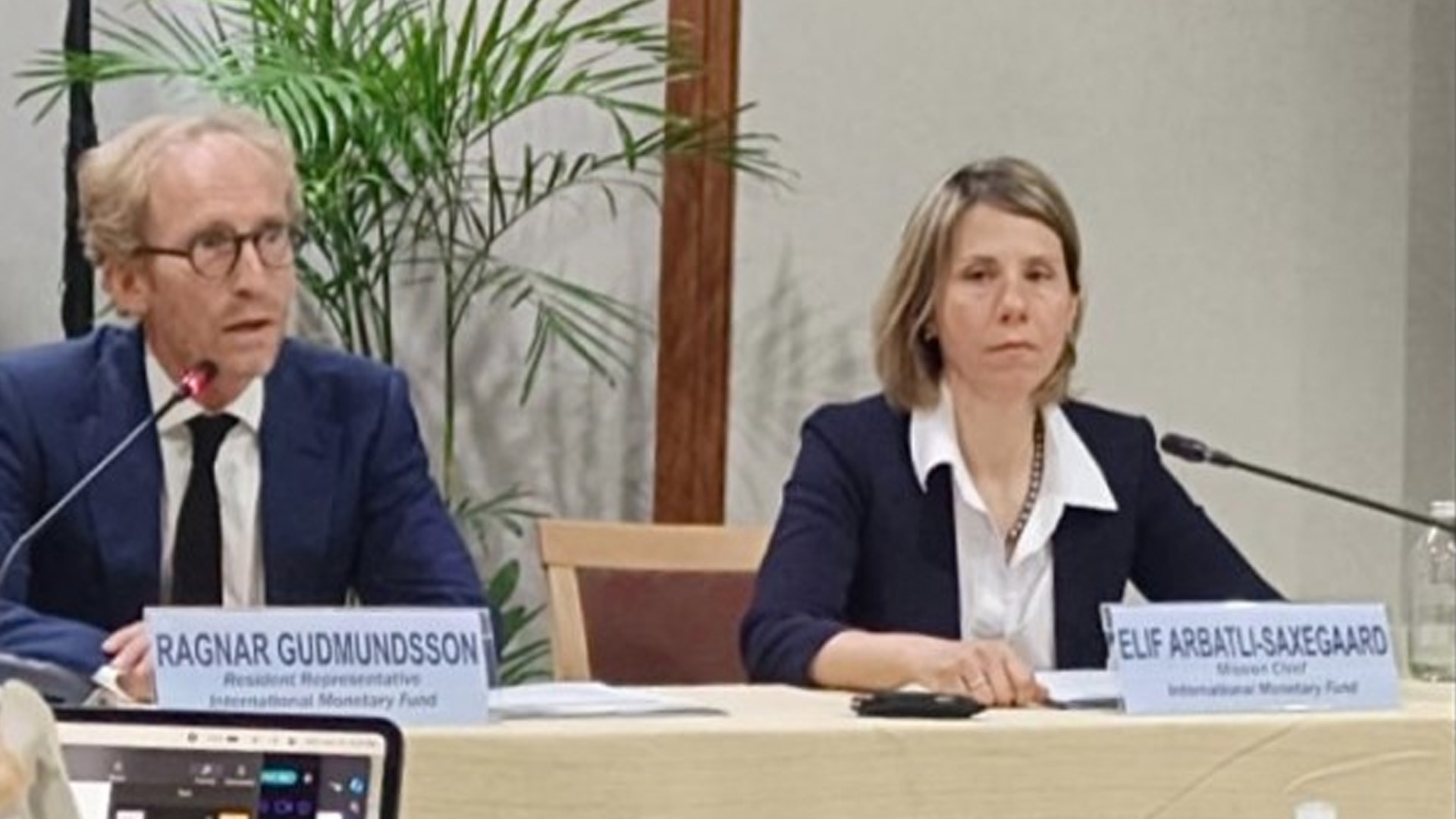The Philippine economy has performed well despite external challenges and tightened monetary policy, an International Monetary Fund (IMF) official said, adding that growth is expected to accelerate this year.
In a briefing at the Bangko Sentral ng Pilipinas Office in Manila, IMF Mission Chief Elif Arbatli Saxegaard said Philippine economic growth is expected to hit 6 percent this year from 5.5 percent in 2023.
“Growth is expected to rebound to 6 percent in 2024 and 6.2 percent in 2025, on the back of stronger consumption demand, higher public and private investment, and a recovery in exports,” Saxegaard said.
An IMF team led by Saxegaard held meetings in Manila on June 4 to 10 to discuss recent economic and financial developments and the outlook for the Philippine economy.
For next year, Saxegaard said drivers of growth include the continued pick-up in domestic demand, investment, and consumption.
“We think that some of the measures, for example, some of the factors, including continued declines in inflation, as well as the monetary policy easing that is associated with that, will be probably even more supportive in 2025 given the lags,” she said.
“And the push for investment, that’s true because there’s a lot of efforts on the way and a lot of legislative reforms that were already implemented, that were already passed and they will be implemented over time. So a lot of these impacts and maybe higher FDI (foreign direct investments) and investments, private investments, will also play out in a more strong way in 2025 than in 2024,” she added.
According to the IMF, downside risks to the growth outlook include geoeconomics fragmentation, high interest rates, and climate-related shocks.
The IMF, meanwhile, lowered its 2024 inflation forecast to 3.4 percent from the earlier 3.6 percent.
“That reflects our view that in the second half, food price inflation will come down faster, including due to the recently announced lower import tariffs on rice,” Saxegaard said.
Risks to inflation, however, remain on the upside, stemming from geopolitical tensions and recurrent commodity price volatility.
While inflation is expected to settle within the government’s 2 to 4 percent, the IMF, however, recommended maintaining a sufficiently restrictive monetary policy stance.
“And our policy advice is that BSP should maintain a sufficiently restrictive policy stance to firmly bring inflation within the target band. So, over the medium term, over the coming year, that opens up space for the BSP to slightly loosen or gradually reduce its policy rates that would still maintain its policy stance restrictive enough to anchor inflation expectations,” Saxegaard said.
IMF Resident Representative to the Philippines Ragnar Gudmundsson, for his part, said the IMF will continue paying attention to some of the upside risks to inflation.
“And so, from that perspective, it’s very important for the BSP to monitor what’s happening domestically and to address its monetary policy based on those factors, whether they materialize or not,” he said. (PNA)








